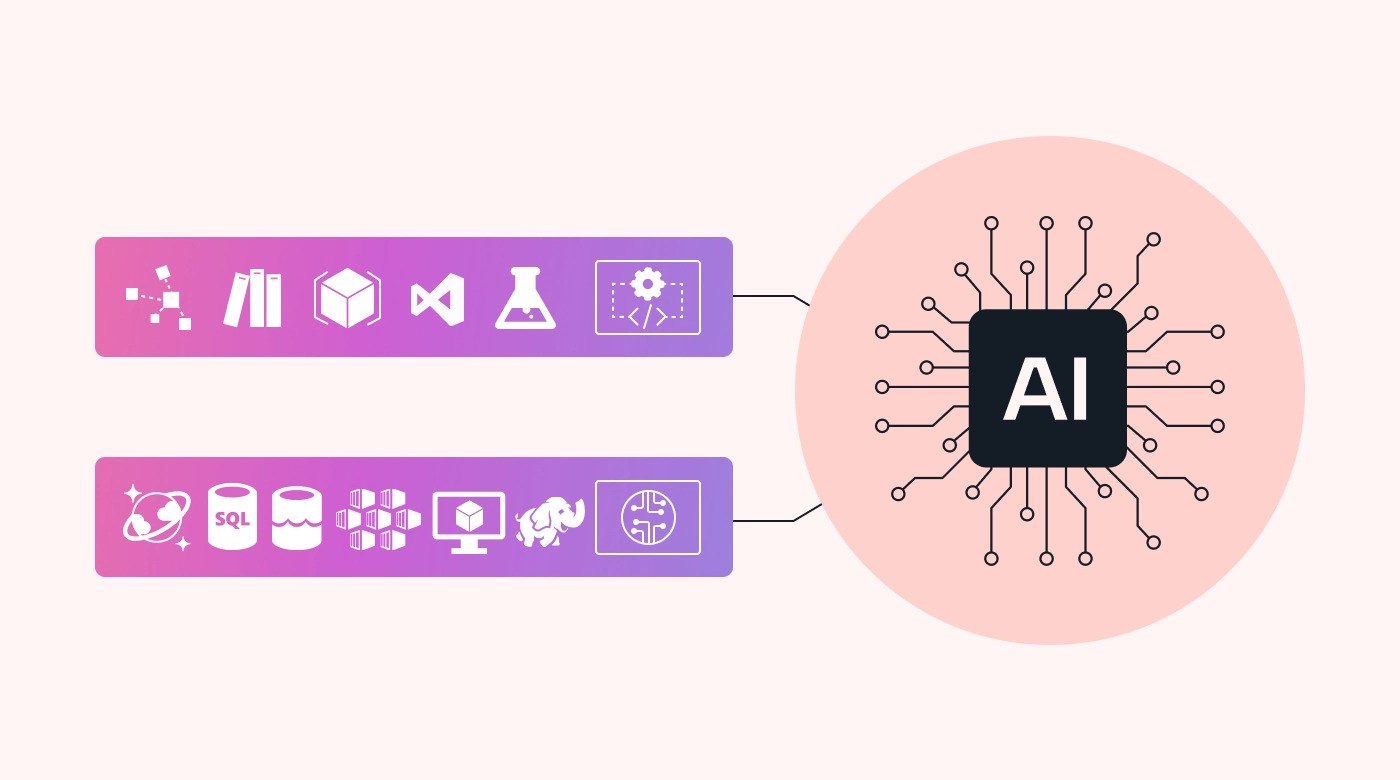In an age of accelerating change and information overload, organizations face a pivotal challenge: how to turn vast volumes of data into actionable strategy. The answer lies in artificial intelligence. AI-powered data usage is revolutionizing decision-making—shifting it from reactive guesswork to predictive precision.
Smart data usage, when driven by AI, doesn’t just support decision-making—it is the engine of strategy itself.
![]() What Does Smart Data Usage Mean in the AI Era?
What Does Smart Data Usage Mean in the AI Era?
Smart data usage isn’t about gathering more data—it’s about making sense of it in real time, with accuracy and relevance. AI transforms raw, unstructured data into valuable insights that inform high-impact business moves.
Key AI-enabled components include:
Data Integration with AI Pipelines: Connecting data across silos using intelligent agents to create a unified, reliable source of truth.
Predictive Analytics: Machine learning models anticipate trends, customer behaviors, and operational needs before they arise.
Data Visualization with AI Insights: AI-driven dashboards prioritize the most relevant insights and present them in digestible formats.
Real-Time Monitoring: AI continuously scans live data streams to trigger timely alerts and automate decisions on the fly.
From Gut Feeling to Data-Driven Intelligence
Traditionally, many business decisions were based on intuition or past experience. But in today’s fast-moving and complex business landscape, AI enables organizations to:
Predict customer needs and personalize engagement strategies.
Detect inefficiencies and optimize internal operations.
Uncover emerging trends and market opportunities.
Flag and mitigate risks before they materialize.
For example, a retailer using AI can combine purchasing behavior, local weather data, and social sentiment analysis to forecast demand shifts and adjust supply chains accordingly—making decisions backed by data, not assumptions.
Real-World Impact of AI-Powered Smart Data
Healthcare: AI predicts patient readmissions, automates diagnostics, and allocates resources with greater efficiency.
Manufacturing: Predictive maintenance models minimize downtime by analyzing real-time equipment data.
Finance: AI engines detect fraud patterns, assess credit risk, and deliver personalized financial advice.
Marketing: Machine learning models power real-time segmentation and dynamic campaign optimization.
Benefits of a Smart Data Strategy with AI
Faster Decision-Making
AI shortens the gap between data capture and strategic action.
Improved Accuracy
Algorithms eliminate bias and provide objective, data-backed recommendations.
Proactive Planning
Predictive models help organizations anticipate challenges and opportunities.
Competitive Advantage
Businesses that leverage AI for strategic decisions move faster and smarter than competitors.
Challenges on the Path to Intelligent Strategy
Data Quality: AI is only as good as the data it processes. Clean, consistent data is a prerequisite.
Siloed Systems: AI initiatives fail when data is scattered across disconnected tools and departments.
Ethical Concerns: Responsible AI use is critical to maintain transparency and customer trust.
Skills Gap: Organizations must invest in talent capable of managing and interpreting AI outputs.
How to Get Started with AI-Driven Decision Making
Assess Your Data Landscape: Identify what data you have, its sources, and its current limitations.
Define Strategic Objectives: What business decisions do you want AI to support or accelerate?
Invest in AI Tools and Talent: Adopt AI platforms and upskill teams in data literacy and machine learning.
Promote a Data-Driven Culture: Encourage analytical thinking and evidence-based decision-making across all levels.
Iterate and Optimize: Use feedback loops to improve AI models, adjust strategies, and increase ROI over time.
Looking Ahead: Strategy Powered by Intelligence
Soon, we won’t talk about “data-driven” strategy—it will simply be “strategy.” AI is quickly becoming the foundation of smart decision-making, enabling businesses to respond to change with agility and confidence. Organizations that embrace AI-powered data usage today are preparing themselves to lead tomorrow.
Smart data isn’t just a competitive edge—it’s a business essential.




Leave Comment